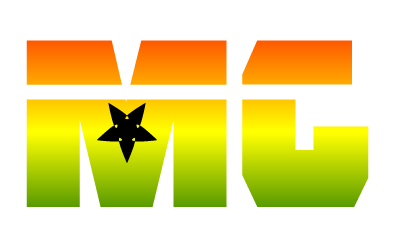
[ad_1]
As part of the activities marking this year's World Humanist Day, humanists are organizing a free medical visit to the Surulere National Stadium in Lagos. The program is open to the public, especially those who can not access basic medical care. A doctor and other health officials will be on site for consultations, basic medical tests and evidence-based medical advice. This article examines the importance of this medical program and its potential to transform the landscape of medical services in the country.
Religion and medical practices have always mixed. Both in its traditional and modern formations, medical care has been linked to a form of religious or supernatural belief. It is thought that medicine has a spiritual dimension and that spirits have healing powers.
Traditional healers often administer medicinal portions from plants with incantations, divinations and rituals. They create the impression that religious elements add to the safety and effectiveness of their so-called herbal remedies. In addition, patients are often asked to perform certain ritual sacrifices or to request the performance of such ceremonies as part of the treatment process. It is therefore virtually impossible to access many traditional medical therapies without having to engage or directly or indirectly support a religious process.
Incidentally, this applies to the country's "modern" hospital medical system. Although marketed as "modern" that is to say opposed to traditional formations, orthodox medical practice in Nigeria resonates with religion, with the religious traditions of their owners, mainly Christian and Islamic religions. It must be remembered that Western Christian missionaries introduced this medical system centuries ago. They created hospitals, clinics and health centers, attached to local churches, as part of their evangelistic infrastructure.
In predominantly Muslim areas, some Islamic organizations later established their own hospitals next to mosques. These hospitals carry religious symbols and allow Christian and Muslim religious services and prayers for patients. Even though this is unethical and unauthorized medically, doctors and nurses at these hospitals preach and attempt to convert patients. They force them to embrace Christianity or Islam and seek faith-based healing as part of the treatment process. The motto of a popular public hospital in Nigeria is "We heal, God heals".
In Nigeria, medical and religious missions are mixed. This practice, which has been going on for too long, must change. Religion and medicine are distinct faculties. The mixture of religion and medical care must stop. This is because the practice is professionally unhealthy. It violates the right to freedom of religion / belief and the ethics of medical practice. Sick people go to the hospital for treatment. They do not have to be preached as part of the treatment process. Hospitals are neither churches nor mosques. Are they? Clinics are not centers of worship or healing by faith. Patients visit hospitals for access to evidence-based treatment and medical advice, not prayers, faith healing, or divine discourse. Religious organizations sponsor medical missions and use them as opportunities to proselytize and convert people to their beds. This is totally unacceptable. Patients are vulnerable and are likely to do what they are told to do. tell them what to tell them to do to get medical help and recover from their illness. It is therefore obscene that individuals and religious organizations derive undue advantage from their positions. They are caregivers and force sick people to adopt a religion or belief in God. It is unpleasant that religious doctors and nurses sometimes use hospitals to force discussions and religious prayers into the throats of their patients.
Over the years, Nigeria has witnessed this slow and progressive process of medicalization of religion and the religion of medicine and hospital spaces. The general impression is that religion and medicine are not separable. But they are.
This is why, this year, the humanists are organizing their first secular medical medical program in Lagos as part of the activities marking the celebrations of World Humanist Day. Humanism offers an ethical and philosophical alternative to religion. This campaign is organized to serve as a medical alternative to the confessional and religious medical missions based in the country. It is relevant to let Nigerians know that they can access medical care without directly or indirectly professing – or being forced to profess – a religion or belief in a deity.
Source link